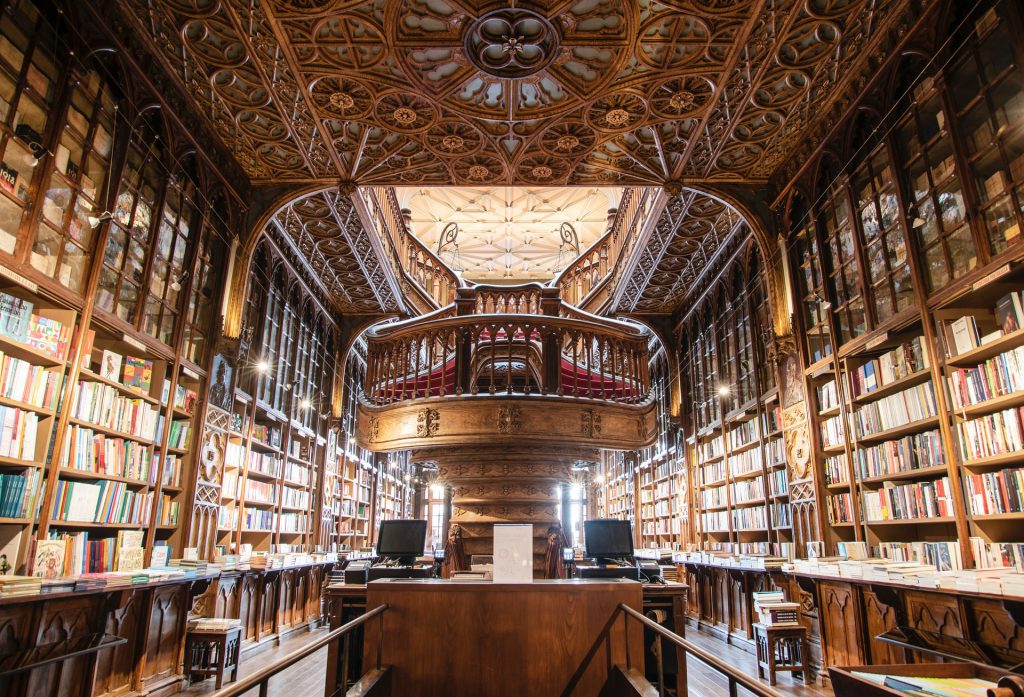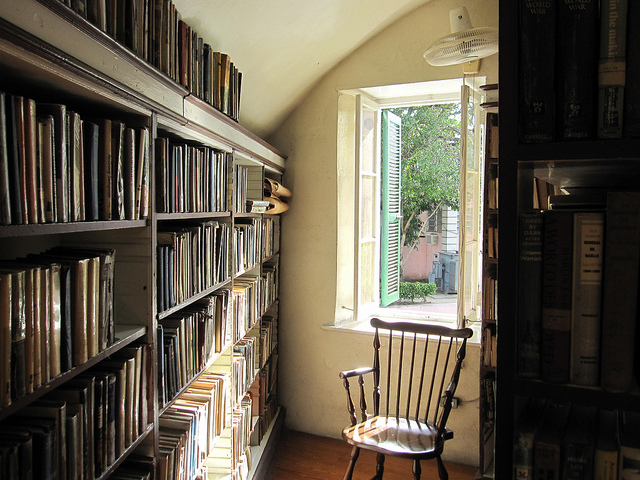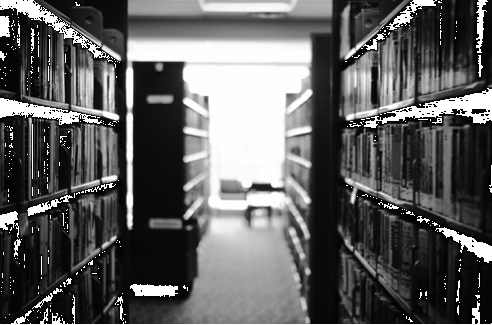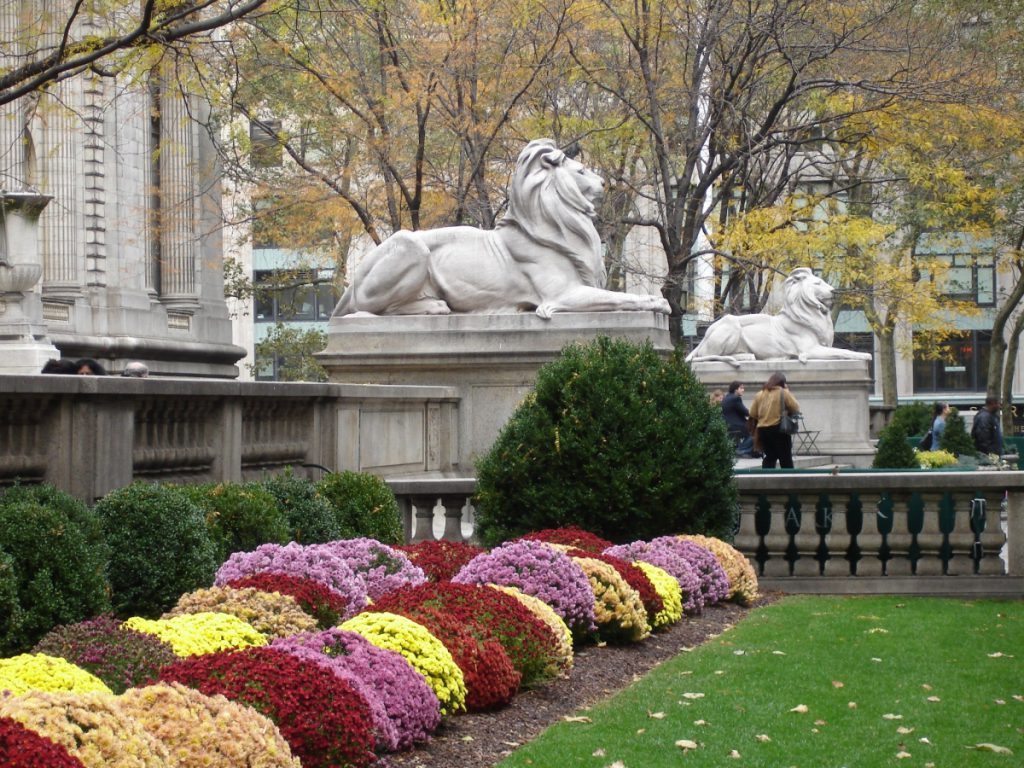Libraries That Go Beyond Books
[Photo by Ivo Rainha on Unsplash]
It’s National Library Week and we couldn’t be more excited! While we’re really into the idea of checking out any book we want for free – seriously, how is this a real thing? – today we’re focusing on libraries that go beyond books. These libraries serve their communities in truly innovative ways, tapping into the needs and desires of their patrons to provide incredible public service. So, without further ado, here are our favorite above and beyond libraries.
To say that Seattle is proud of its musical heritage would be an understatement. You can’t walk three blocks without running into an open mic night or a hole in the wall concert venue or a marquee boasting One Night Only. It’s the birthplace of Jimi Hendrix, Nirvana, Pearl Jam, and Macklemore. So, it’s no wonder the Seattle Public Theatre has an arm solely responsible for preserving the city’s local music scene. Through PlayBack, the Seattle Public Library and a jury of local leaders in the music industry curate an annual catalogue of 100 albums. The albums are housed digitally on the Seattle Public Library’s website, providing a hub for those interested in exploring the work of Seattle musicians. But the library doesn’t expect these artists to give away their work for free. Musicians selected for PlayBack’s archive are paid an honorarium for the streaming rights, fostering creativity and good business practices.
Washington, DC has one of the highest homeless populations in the United States, so when the DC Public Library noticed that several of the city’s homeless shelters were bussing their residents to and from the library’s central branch each day, they decided to do something about it. They hired a social worker. In 2014, Jean Badalamenti became the DC Public Library’s first Health and Human Services Coordinator, providing a resource and opportunities for engagement with DC’s more disenfranchised populations. Badalamenti works in partnership with the library’s programs office to identify organizations within the community who can provide programming that educates and assists the homeless population of Washington, DC. She also provides sensitivity and de-escalation training to library employees, arming them with the resources they need to serve homeless library patrons. Badalamenti also works with homeless library patrons one-on-one on an as needed basis, demonstrating that she’ll go beyond the big picture to serve her community.
In an effort to increase internet access in Chicago, the Chicago Public Library launched the pilot program Internet to Go in 2016. Internet to Go allows Chicago Public Library patrons to check out a WiFi hotspot for three weeks at a time, with the option to renew the hotspot if no one else has requested it. The program was funded by a Knight Foundation Grant and hotspots are only available for checkout in underserved neighborhoods where home internet is scarce. The Chicago Public Library is the largest provider of free internet in the city, with 80 branches across the city. Internet to Go seeks to make internet more portable and accessible for low income families. The library currently has 393 hotspots available for checkout, with hopes to expand the program in the future. Internet to Go also has forty Chromebook Kits available for checkout for library patrons without access to a laptop computer. The kits include a Google Chromebook, as well as a portable WiFi hotspot.
The Omaha Public Library recognizes the value in learning through play and has incorporated that into their collection. The Omaha Public Library’s Toy Library contains over 100 toys appropriate for a variety of ages from infancy to age eight, as well as toys adapted for children with special needs. The toys are repaired, disinfected, and stored off site and can be delivered to any of the Omaha Public Library’s twelve branches for checkout. Toys from the Toy Library can be checked out for three weeks with the option to renew up to four times, provided there isn’t a hold on the toy. It’s a wonderful way for children to experience variety in their play, without any financial burden placed on the parents. The library also offers science kits for children interested in astronomy, genetics, and electricity, and sensory story boxes for children with special needs.
Every publicly funded library in Colorado – including several university libraries – is currently receiving support from Colorado Parks and Wildlife for the statewide Check Out State Parks Program. Through this program, libraries provide patrons the ability to check out a Colorado State Park pass using their library card. The pass provides entry into any of Colorado’s forty-one state parks for up to seven days. The initiative was founded to make state parks more accessible and encourage Coloradans to explore the state’s natural wildlife. Each park pass comes paired with an activity backpack containing a set of binoculars, identification guides for trees and wildflowers, and the Leave No Trace outdoor ethics principles – turning Colorado residents into lifelong adventurers one state park visit at a time.





